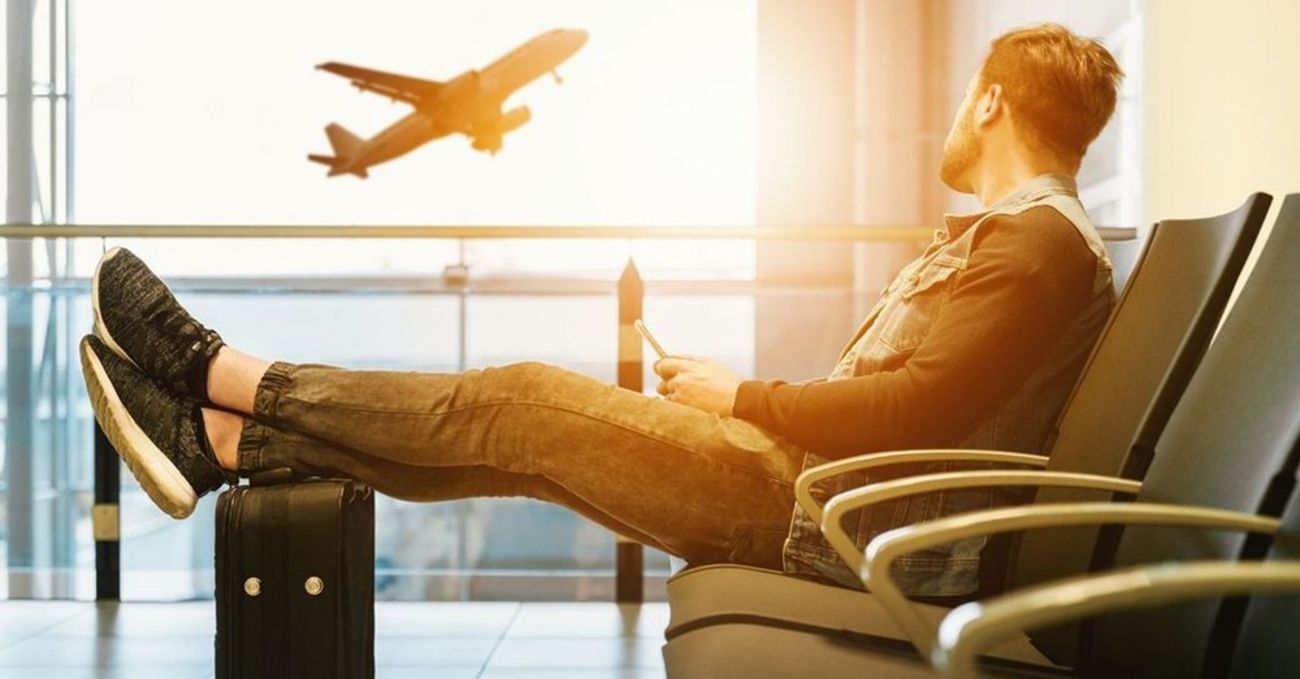Traveling to the EU: Restrictions and Possibilities
Winter holidays are approaching and everyone’s plans are quite jostled with the Covid-19 crisis. Even though there is little chance that tourists will be able to spend their winter holidays in Europe this year, the EU nationals still have high hopes to be with their friends and family for Christmas, despite the pandemic.
Obviously, travelling to the EU this year will be slightly different than in the past, so we gathered some useful pieces of information that you should keep in mind. Who can enter the EU? What do you need to do before and when you get there? Do you need to be tested before traveling? Is quarantine mandatory? You’ll get the answers to your questions below.

Who can enter the EU?
👉 If you are a non-EU national. As per the (https://www.consilium.europa.eu/en/press/press-releases/2020/10/22/travel-restrictions-council-reviews-the-list-of-third-countries-for-which-restrictions-should-be-lifted/)[European Council latest update] on October, 22nd, you can enter the EU if you are flying from low risk countries (Australia, Japan, New Zealand, Rwanda, Singapore, South Korea, Thailand, Uruguay and China - including Hong Kong and Macao).
Keep in mind that this list of countries is updated on a regular basis by the European Council depending on the coronavirus situation, so it is better to keep checking this website before you make plans to come to the EU.
👉 If you are a EU national. According to the European Council, the travel restrictions do not apply to nationals from all EU member states and Schengen associated states as well as their family members.
What you need to know if you travel to Belgium, France, Spain or the UK
🇧🇪 Belgium allows non-EU travellers without restrictions if they are coming from one of the EU's safe list countries.
The Belgian Government has recently introduced a traffic light system of high, medium and low risk regions. Travellers entering Belgium from high risk (red) regions will be required to take a test and to self-isolate themselves for 7 days, provided they take a test on day 5 and that test results are negative for Covid-19. If you test positive for Covid-19 on day 5, you will have to remain in self-isolation for 7 more days.
Check the map of red countries here. For more details, check Belgium's immigration office website.
🇫🇷 France welcomes travellers from the UK, Norway, Switzerland, Australia, Iceland, Japan and New Zealand without restrictions.
However, all travellers must show a travel certificate stating their reasons for travel and a sworn statement saying they are not showing signs of Covid-19 infection. More details are available on the French Ministry of Interior and French Foreign Ministry websites.
Travellers arriving from several other countries may have to present a negative test result carried out less than 72 hours before boarding. The list of countries has been expanded as of November 11th.
🇪🇸 Spain allows travellers from the EU’s safe list of countries to enter. Although all visitors have to undergo health checks on arrival.
Under government rules, from November 23rd, all travellers from high risk countries must show a negative Covid-19 test dating from no more than 72 hours.
🇬🇧 The UK has its own safe list of countries. All travellers arriving from the UK’s safe list of countries don’t have to quarantine for 14 days on arrival. This list is updated regularly.
Arrivals from countries which are not on this list will have to self-isolate for 14 days.
Traveling will still be a hassle until the end of 2020, that’s for sure. But with the upcoming vaccine getting more real everyday, there are high chances that you can start making travel plans in 2021 with a relatively high level of confidence.



